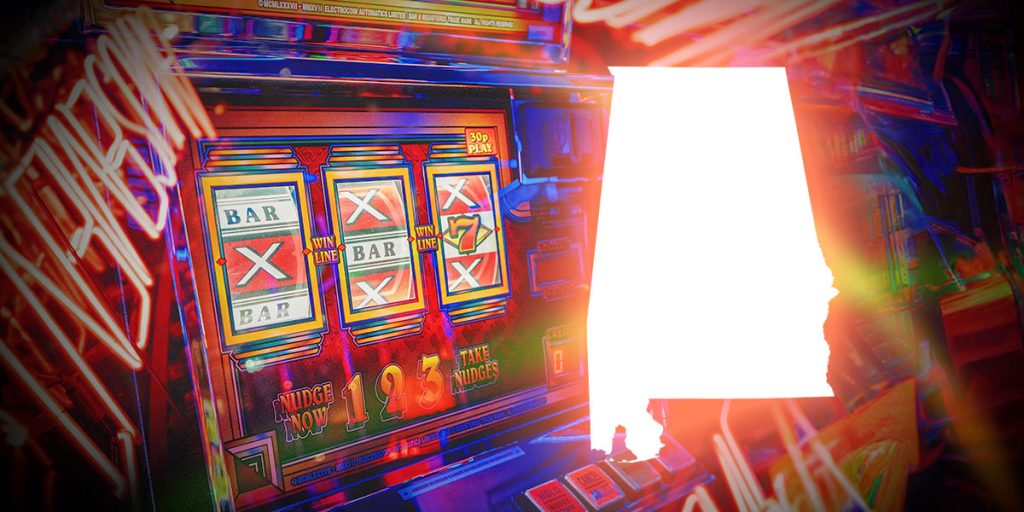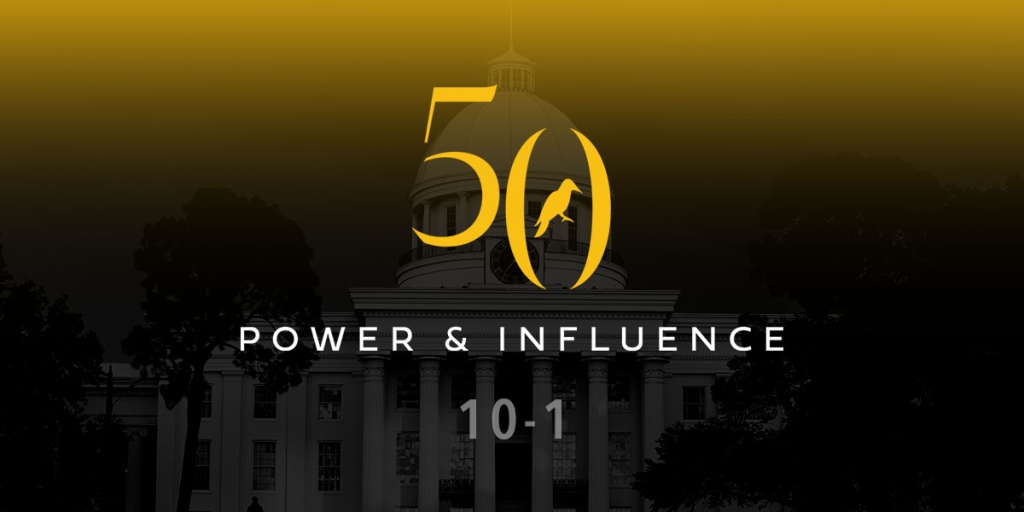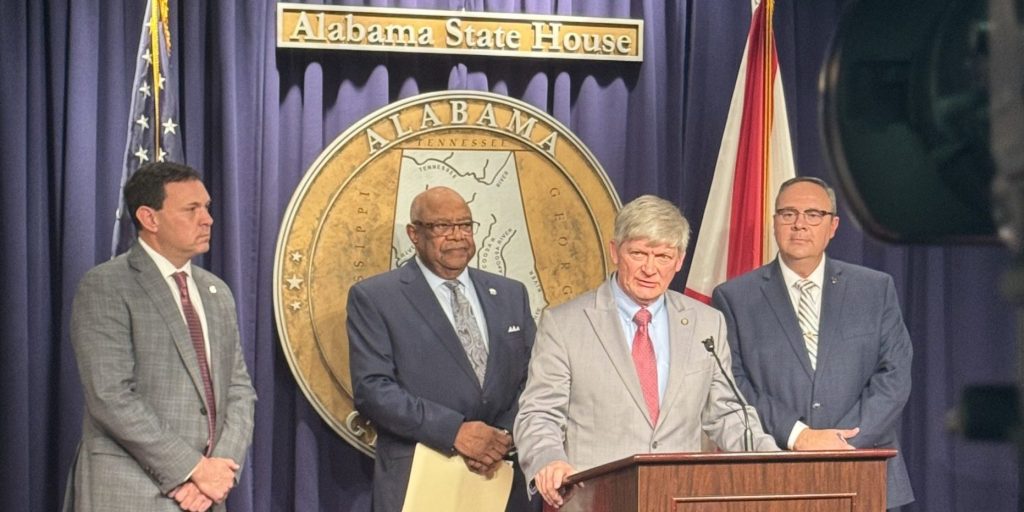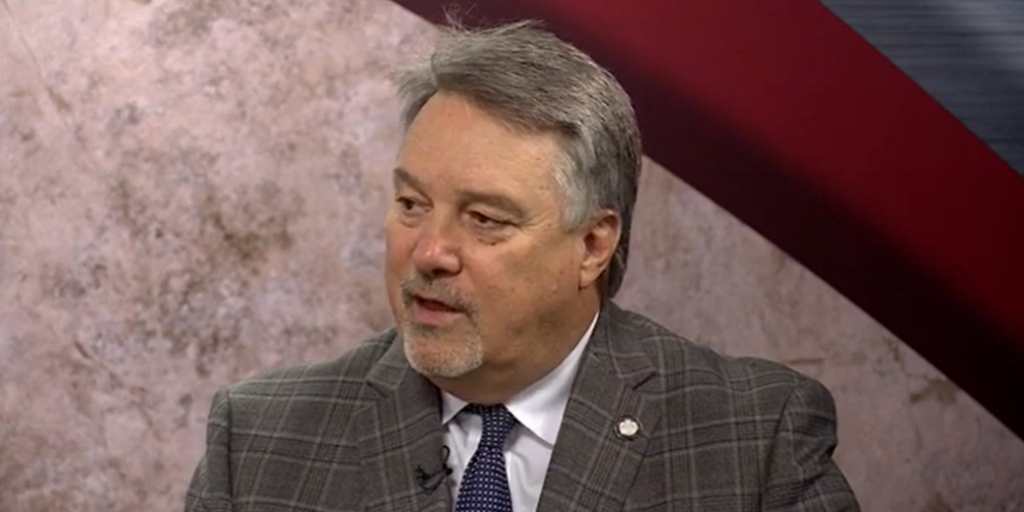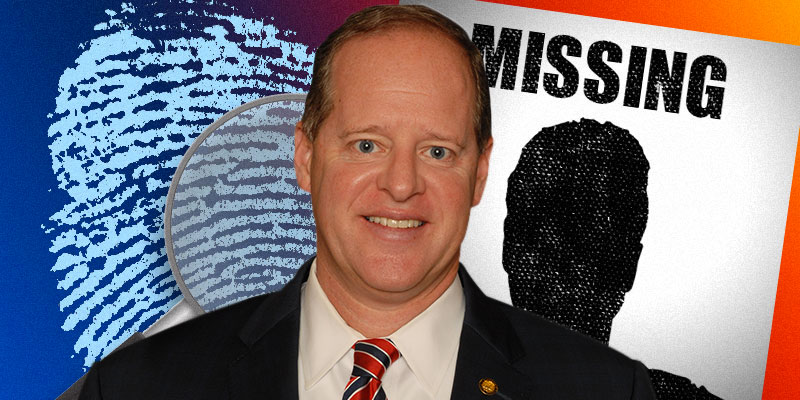In a television interview this week, Alabama House Minority Leader Anthony Daniels (D-Huntsville) discussed the historic compact with the state proposed by the Poarch Band of Creek Indians (PCI).
PCI, based in Atmore, is the only federally recognized tribe in the Yellowhammer State.
In late 2019, the tribe unveiled a compact plan that could pay billions to the state and rolled out “Winning for Alabama,” a public awareness campaign related to the proposal.
Speaking to WHNT, Daniels seemed open to the plan, which also expresses PCI’s continued support for a clean, traditional lottery in the state.
When asked about what he thinks about the proposal, Daniels responded, “Well, Alabama is certainly a state that needs more revenue, and our constituencies are not in favor of any more taxes – whether it’s a property tax or whatever it is – and so it’s appealing to me, but in all fairness, they’ve brought an offer to the table and we have to look at that very seriously.”
Daniels then added that he expects “other operators” of gaming in the state to bring their own proposal forward.
“But understand that also there are other operators in the state that will also be — moving forward will bring a proposal to the table,” he said. “But right now there’s only been one proposal made public, and so when you see that you have to look at that. Because at the end of the day, it is about generating more revenue. I think that the plan that you described (the PCI plan), that’s no secret. I think that it’s certainly appealing to the legislature when we’re talking about more revenue and more dollars.”
State Sen. Greg Albritton (R-Atmore) sponsored a clean lottery bill that passed the State Senate last spring but was defeated in the lower chamber. Albritton had estimated annual revenues for the state through his legislation at approximately $170 million. Daniels voted against Albritton’s lottery legislation advancing.
Speaking to WHNT, Daniels continued, “But I think, on your point about the lottery, Democrats have always been in support of an education lottery. I think that when we start having these conversations, we have to make certain that we’re talking about it in more details. When we’re talking about an education lottery, and I think that’s what the people of Alabama want as well, and so right now we’re not receiving any revenue for the General Fund or the Education Trust Fund from gaming, so it’s always appealing. But that’s just a starting point.”
It should be noted that Albritton’s lottery bill as considered by the House last year would have split revenues 75% to the General Fund and 25% to the Education Trust Fund.
After the bill failed in the House in 2019, State Rep. Terri Collins (R-Decatur) told Yellowhammer News that she intended to bring an amendment to the lottery legislation to make the revenue be split equally between education and the General Fund.
However, Daniels at the time then told Yellowhammer News that merely giving more of the revenue to the Education Trust Fund would not win over his party’s votes, saying their opposition was “much broader than that.”
House Democratic Caucus leaders subsequently called for lottery revenues to be earmarked, expressing specific concern that un-earmarked General Fund lottery revenues could go towards the construction of new prisons in the state.
Alabama is constantly growing and it’s industries are always expanding. Our legislature has to accept new ways to generate revenue for the improvement of our state. https://t.co/psbvSm4rZa
— Anthony Daniels (@AnthonyDaniels) January 13, 2020
Later in his interview with WHNT this week, Daniels specified that potentially being able to pay for Medicaid expansion and increased investments in Pre-k education makes the PCI compact proposal especially “appealing.”
He also acknowledged that there are members of the legislature that represent “places where there are some [gaming] operators that said that they want to make certain that their operators get their voices heard as well.”
Daniels may very well be referring to operators of electronic bingo halls across the state. Electronic bingo and similar “slot machine” type games have been deemed as illegal gaming by the Alabama Supreme Court under current law.
“[O]nce we see a proposal from those operators, I think at that point we can start moving forward,” Daniels added.
Daniels subsequently singled out the licensing fees in the PCI proposal as being especially “appealing,” due to that revenue being consistent and not determined by the level of gaming occurring in the relevant facilities.
The 2020 regular session of the Alabama legislature gavels on February 4.
Sean Ross is the editor of Yellowhammer News. You can follow him on Twitter @sean_yhn







